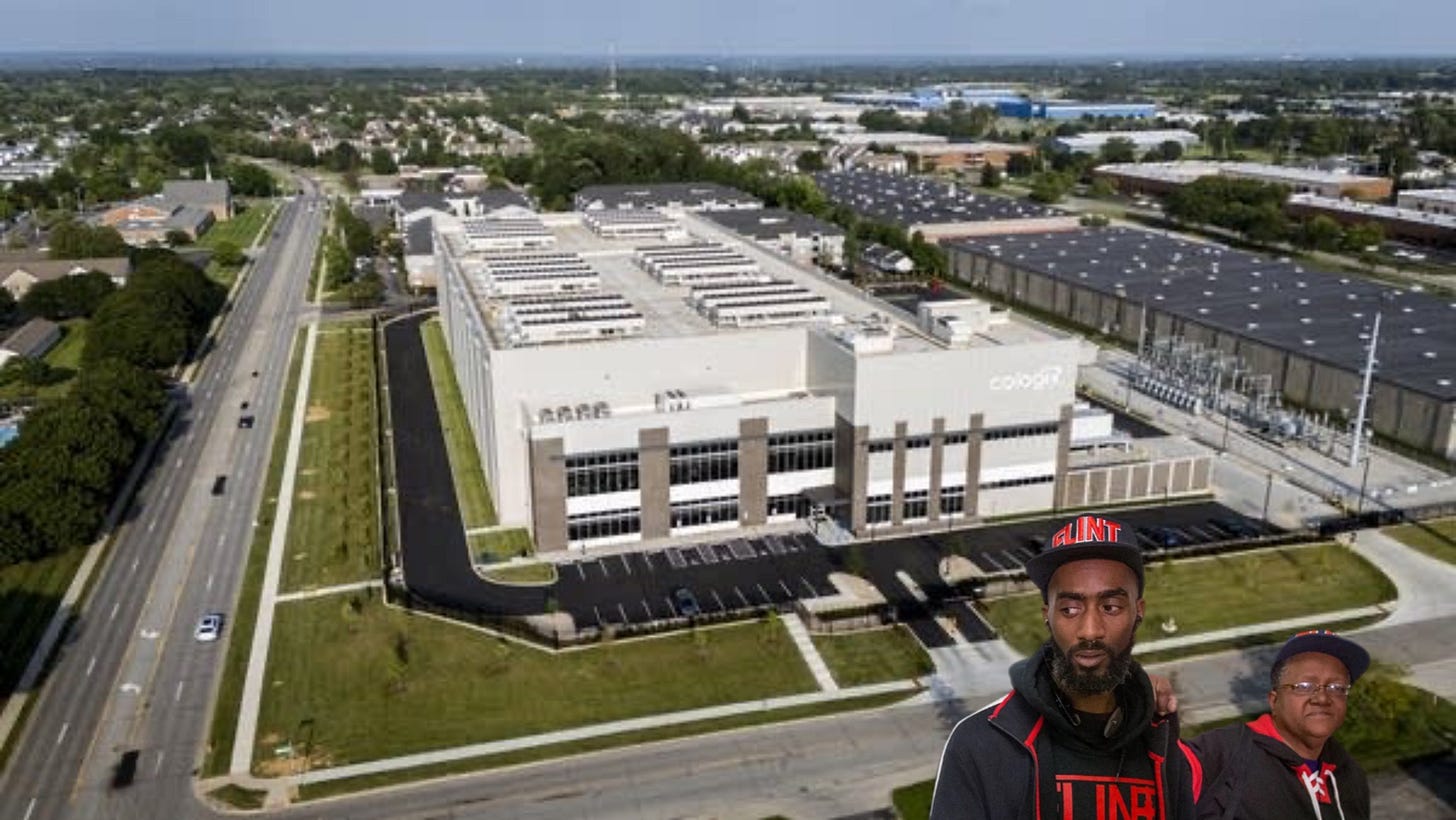AI Data Center Finishes Construction In Flint, Michigan
FLINT, MI—This past Tuesday, construction was completed on a new Blackstone-owned artificial-intelligence-focused data center in the city of Flint, Michigan. Flint, which has experienced infamy in recent years for the presence of lead contamination in its water supply, now stands to lose its water supply entirely.
While there has been intense criticism and pushback—the homeless shelter and local package store both had to be tore down for construction of the center—companies like Blackstone have defended their project, citing potential benefits of building a data center in historically marginalized communities, such as the creation of jobs or the cultivation of community. In fact, Blackstone has announced plans to include programs aimed towards these goals in their Flint project. Programs such as summer daycare, a special needs program, and minimum wage job fairs.
“We are committed to the dual goals of being both a highly profitable machine for the country’s shift into an automated surveillance state, as well as your friendly neighborhood rec center,” the head of the Blackstone-Flint project announced.
While citizens of Flint have expressed deep apprehension, head of the Michigan Black Republicans, Tiffany Edwins, says she’s “excited” to see new developments. “Now, there’s real hope for Flint.”


Screaming!!
Respectfully — I don’t believe this is in Flint’s best interest.
I don’t live there, but I do care what happens to a city that’s already borne the brunt of state neglect, poisoned infrastructure, and generational disinvestment.
A data center of this scale is a massive resource drain — and Flint’s water system is already compromised. So my questions are:
Is this project ensuring the water becomes cleaner for residents — or just colder for servers?
Are environmental impact assessments publicly available?
Have health risks associated with long-term exposure to backup diesel generators or electromagnetic fields been disclosed?
Will the jobs created be sustainable, safe, and livable? Or simply minimum wage photo ops?
I've also read that these types of facilities are often built in low-income and marginalized areas — not because they benefit the community, but because there’s less resistance, less regulation, and fewer protections. If that’s true, then what’s happening in Flint deserves far more scrutiny than PR buzzwords about “hope” and “growth.”
Let’s be real:
Clean water is not negotiable.
Housing for the unhoused is not expendable.
Community safety can’t be replaced by surveillance infrastructure.
If this project is truly about community uplift, it shouldn’t come at the cost of basic needs.
Otherwise, it’s not “development” — it’s displacement, wrapped in tech jargon.